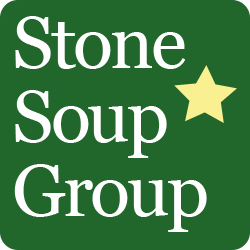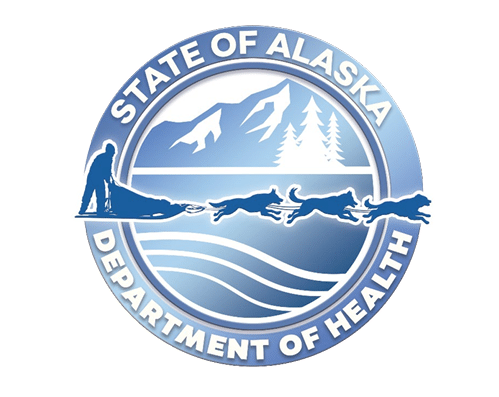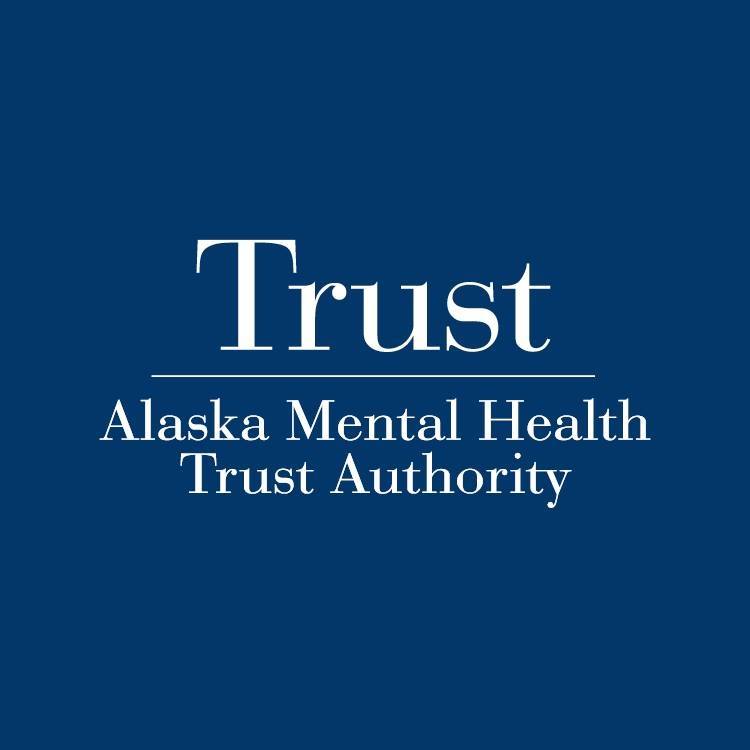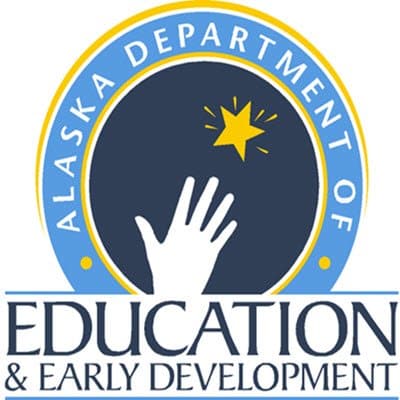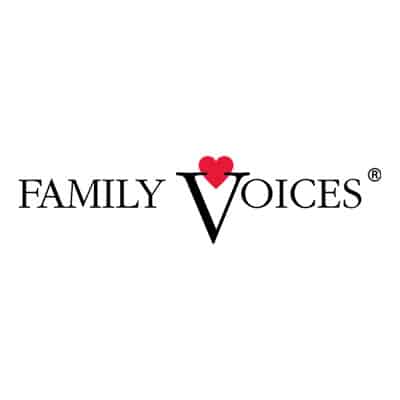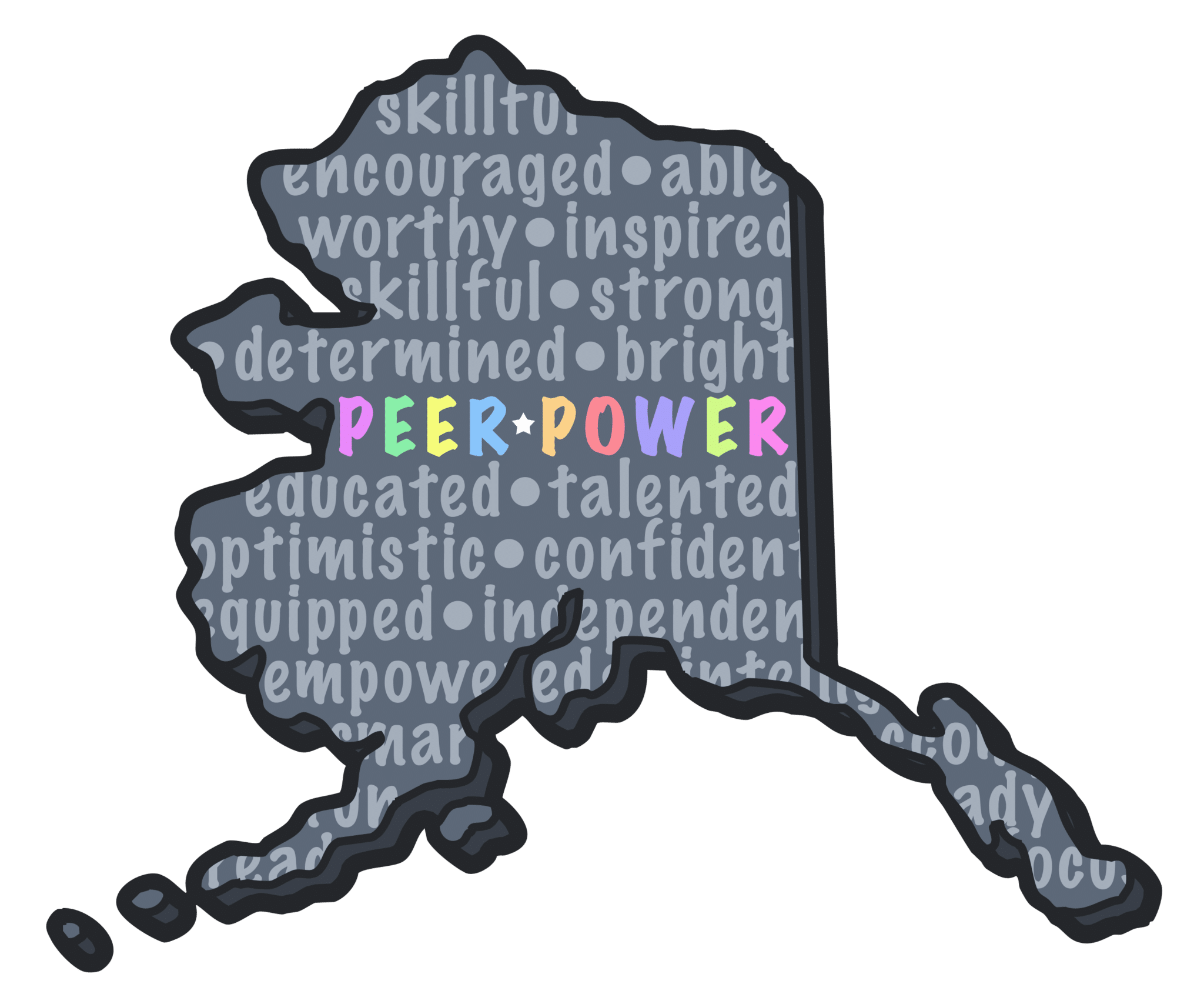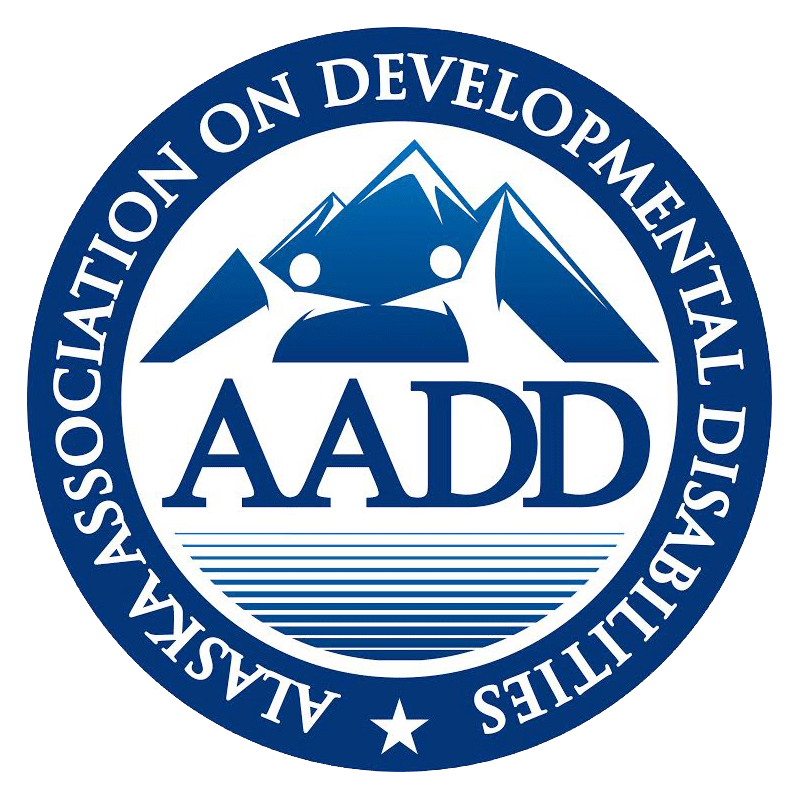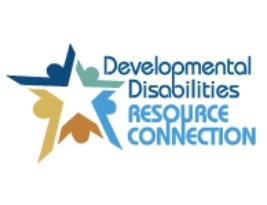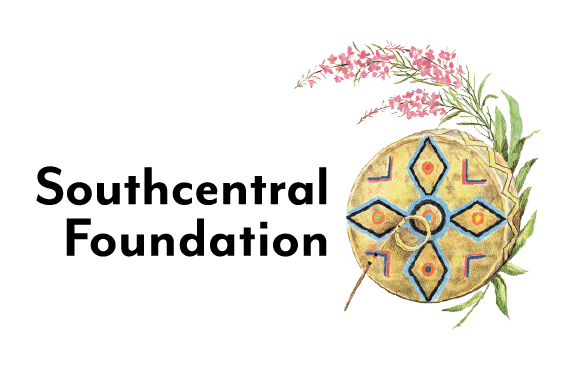Transitions can be defined by stages of life or moments in a day, even by the people we meet, skills we learn and places we live. One thing is true for more people than not, transitions are hard! The same can be said for our family members with special needs as well. This sections will talk about the transitions in their life and the support available for them and for your whole family. Don’t see what you’re looking for here? Just set up a time to talk with a Parent Navigator and they will help guide you through this leg of the journey too.
There are supports which can help make the transition process easier. You don’t have to make the long-haul journey by yourselves. The Alaska Governor’s Council on Disabilities and Special Education (GCDSE) has a handbook that offers guidance on the transition to adulthood. Trainings and Parent Navigation are also available at Stone Soup Group (SSG) or you can look into one of these many programs.
Work Transitions
While Stone Soup Group does not provide direct services, our Parent Navigators can guide your family through the steps to finding employment and supported employment options. We have included some resources here. SSG also offers Employability, a Jobz Club Program for youth to learn soft job skills before seeking an employment program. Stone Soup Group has adapted a similar curriculum as their Moving Up, Moving On curriculum which includes transition activities such as job application completion and locating resources physically in the community.
Sexuality and Relationships
Transitioning into adulthood is hard enough, but working through a young adults’ sexuality issues can add more to the stress. Individuals with Developmental Disabilities often have bodies that are ahead of their social awareness and capabilities. This can lead to unsafe choices and behaviors. In Alaska, many agencies facilitate the Friendship and Dating Program that guides an individual through the basics of understanding feelings to knowing when to say no, how to communicate in a friendship and relationship and what different relationships in our lives look like. They also provide training on the different choices for safe relationships.
Below are some tools that might help guide your family through these times.
For sex education, see the Center for Parent Information and Resources. For a general guide on sexuality and relationships, see a power point prepared by the Massachusetts Department of Public Health and Massachusetts Department of Disability Services.
Health Transitions
My Health Passport is a customized, wallet-sized card that gives instant access to medical information. It can be used when you go to a new doctor, visit an emergency, room, etc.
For more information, see the SickKids website.
For more general information concerning health, see the GotTransition website and GotTransition resources.
Children and Youth with Special Healthcare Needs (CYSHCN)
The Department of Health and Human Services states that a child with special healthcare needs as “those who have or are at increased risk for a chronic, physical, developmental, behavioral, or emotional condition and who also require health and related services of a type of amount beyond required by children generally.” Integrated care is provided for CYSHCN. Integrated care is the “seamless provision of healthcare services, from the perspective of the patient and family, across the entire care continuum.” This definition was established by the Maternal and Children Health Bureau, Division of Services for Children with Special Health Care Needs. This term is widely accepted as it was agreed upon by child health experts and parents.
In order to improve upon the system, Alaska has a plan implemented for the years 2016-2021 regarding the care and management of CYSHCN. Specifically, they seek to improve the transition to adulthood. The state intends to increase the health literacy of transition age youth (about 13). Furthermore, they are seeking to train and identify adult care providers who want to work with transitioning youth and “certify” them. The goal is to accommodate the difficult transition into adulthood and help families streamline the process.
For more information regarding Alaska’s stance, see the Alaska Department of Health and Social Services. For more information about CYSHCN in general, see the National Center for Family Professional Partnerships.
Zero to three
The first three years of a child’s life are incredibly important. From first words to first steps, the amount of growth is astonishing. It’s important to nourish and supplement your child’s learning and early brain development. For children who appear to be behind and/or have diagnosed disabilities, certain actions can be taken to improve your child’s growth.
A child from ages 0-3 can access infant learning program (ILP) services. An ILP provider helps to coordinate between the local schools, head starts, and other educational pursuits for your young one. These are also be called Part C services. As a child nears the age of three, the transition process of moving from Part C to what is called Part B, or preschool services, will occur. Both of these are ‘parts’ of Individuals with Disabilities Education Act, IDEA.
Families should work with their ILP to develop an individualized family service plan (IFSP) for helping the child transition smoothly to a special education school or other preschool. This plan needs to be developed and started no later than the child’s third birthday.
For information on transitions from ILPs to pre-schools including a guide to the transition process titled, “Step Ahead Age Three,” you can call 907- 465-3170.
Leaving High School
The following resources are available to young adults with special needs that are in the process of transitioning to life after school. Stone Soup Group (SSG) can assist individuals and families better understand and navigate these resources as well as provide classes and trainings in the areas of self-advocacy, friendship and dating, sexual health, critical thinking and other practical life skills. Contact us for more information on any of these services.
The Individuals with Disabilities Education Act (IDEA) provides a process for preparing your young adult from secondary (high) school to post-secondary life. This process should begin by the first Individualized Education Plan (IEP) after the child turns 16. An IEP is made to accommodate the child’s learning issues and identify educational goals and other education-related circumstances. It may begin earlier if determined appropriate by the IEP team, which usually consist of school officials and parents. The IEP is then updated annually thereafter in order to retain relevant information.
The Transition IEP must include:
Goals: Appropriate measurable postsecondary goals based upon age-appropriate transition assessments related to training, education, employment and, where appropriate, independent living skills;
Services: The transition services (including courses of study) needed to assist the child in reaching those goals; and…
Self-Advocacy
There are programs to guide your young adult into understanding their own path, telling their story and becoming more involved. Peer Power and Alaska Youth Advocates are both great places that will introduce your young adult to the world of advocacy and storytelling.
Statewide, various organizations facilitate a friendship and dating program developed by the University in Alaska. This curriculum offers 20 sessions to young adults ages 14-22 over a 10 week period. The participants learn to identify feelings and emotions, how to react and interact in different settings, how to start a conversation, go on a date and, even more important, how to say no. All the social intricacies of making friends and dating and maneuvering through the community are discussed.
Guardianship/Conservatorship/Supported Decision Making
Guardianship allows families or their designees to oversee personal and health-related decisions while a conservatorship allows for supervision over financial decisions which may be needed as their child becomes an adult. There are levels of guardianship, power of attorney or conservatorship that must be understand clearly. These are important decisions to be made. Classes on this topic may be found at Stone Soup Group or at the state throughout the year. The guardian and conservator makes the ultimate legal decisions for the individual.
Supported decision-making (SDM) allows the individual with the disability to make the ultimate choices in his or her life. Usually, a team or support network will advise the individual on decisions. The purpose of SDM is to promote independence and allocate more rights to the individual as opposed to a guardianship or conservatorship.
For more information on guardianship, conservatorship, and Supported Decision Making (SDM), please follow the provided links. Download these two information sheets Supporting graduation & Thinking beyond graduation to explore what options are right for your family.
Estate and Future Planning
Special needs trusts can protect the benefits which your child receives while giving them flexible funding, for when you are no longer there.
The Achieving a Better Life Experience (ABLE) Act was signed into law on December 19,2014 by Barack Obama. The ABLE Act allows individuals with disabilities to create tax-advantaged savings accounts.
For more information on Special Needs Trusts, contact us or call at 561-3701
Person-centered Planning
A person-centered plan is a way to set goals and next steps for an individual’s life. It is an inclusive process by a team, the person, and the family. Person-centered Planning is an internationally recognized process for planning in a collaborative and respectful manner for the future of a person who experiences a disability.
For information on Person-centered Planning in Alaska, you can contact the Center for Human Development
Anchorage: (907) 272-8270
Toll Free: 1-800-243-2199
TTY: (907) 264-6206
Postsecondary & Vocational Programs
Post-secondary programs (for students with special needs up to age 21) are provided by some local school districts. There are disability program offices at each University that can help guide an individual’s IEP (or other high school services) into a 504 ADA compliant plan so that a campus and its services can be accessed.
UAA offers the TAPESTRY program for students within the ages of 18 to 26. This is a specially targeted program for students with disabilities. There are two programs offered: TAPESTRY Summer Academy and TAPESTRY Workforce Credential. UAF, like most colleges, also offers Disability Services where they seek to provide commodities to disabled individuals.
For more information on similar programs contact your local university or school district.
The Department of Vocational Rehabilitation (DVR) can also provide free services that your child may be able to access such as:
- Counseling, especially about disability issues that affect you
- Help choosing the job goal that’s right for the individual
- Referral to other agencies that can help for the individual
- On-the-job training with a real employer
- Training designed to help the individual adjust to working
- Job search and placement services
There are DVR counselors supporting many high schools and districts throughout the state as well.
For information on DVR services in Alaska you can call:
Toll Free (800) 478-2815 or visit the State of Alaska online.
North Star Pathways
For youth ages 11-17 who experience a developmental disability, in the foster care system, or affected by generational poverty, see North Star Pathways or contact neva@northstarpathways.org, sydney@northstarpathways.org, or call at 541-603-8812.
Youthhood
A University of Minnesota program funded by a general grant for young adults in or graduated from high school. For more information, see the Youthhood website.
